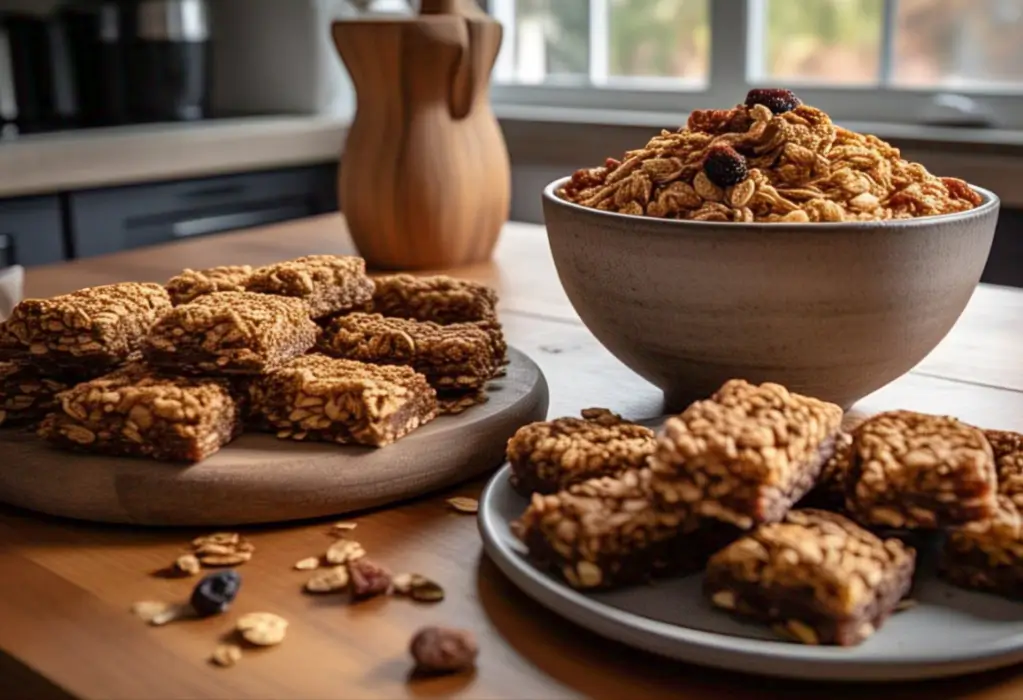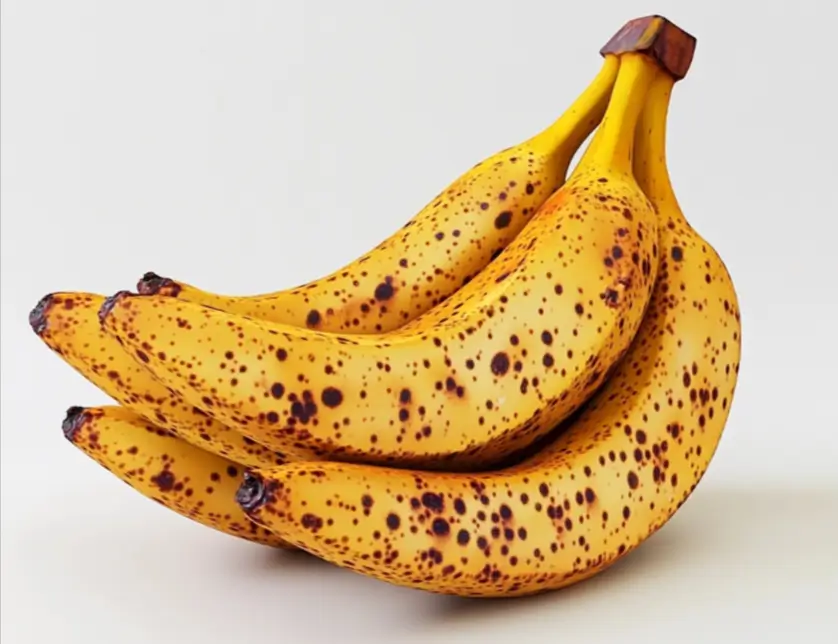5. Granola and Breakfast Bars

Marketing masterpieces that they are, granola and breakfast bars have convinced many health-conscious consumers that they’re ideal morning fuel. In reality, many commercial varieties pack surprising amounts of sugar, unhealthy oils, and preservatives into their seemingly wholesome packages.
The morning problem with these convenient options is multifaceted. First, the sugar content—often 12-20 grams per serving—creates the familiar blood glucose spike and crash pattern that hampers sustained energy. Many bars use multiple sugar sources (honey, rice syrup, cane sugar, coconut sugar) to disguise the total amount on ingredient lists.
Even the oats and whole grains in these products are often processed in ways that increase their glycemic impact. The baking and compression processes can break down the fiber structure, allowing for faster carbohydrate absorption than you’d experience from a bowl of overnight oats or steel-cut oatmeal.
The fat content in many granola products adds another morning concern. Rather than beneficial fats that support hormone production and nutrient absorption, many commercial granolas and bars contain refined oils that may contribute to inflammation when consumed regularly. Some still contain partially hydrogenated oils or palm oil associated with unfavorable health outcomes.
Portion distortion compounds these nutritional challenges. While the nutrition label might list reasonable numbers, the tiny serving sizes (often just 1/4 cup for granola) rarely reflect what people actually consume. This discrepancy leads many breakfast eaters to unknowingly consume twice the sugar and calories they intended.
Research published in the Journal of the Academy of Nutrition and Dietetics found that people who regularly chose convenience breakfast foods like bars reported higher overall daily calorie intake than those who prepared simple whole-food breakfasts—suggesting these products may not satisfy hunger effectively despite their calorie content.
If you rely on the convenience of grab-and-go breakfast options, consider preparing homemade energy balls using whole ingredients like oats, nut butter, ground flaxseed, and minimal sweeteners. Alternatively, pair a carefully selected lower-sugar bar (under 8g) with protein sources like hard-boiled eggs or unsweetened Greek yogurt to create a more balanced morning meal.
